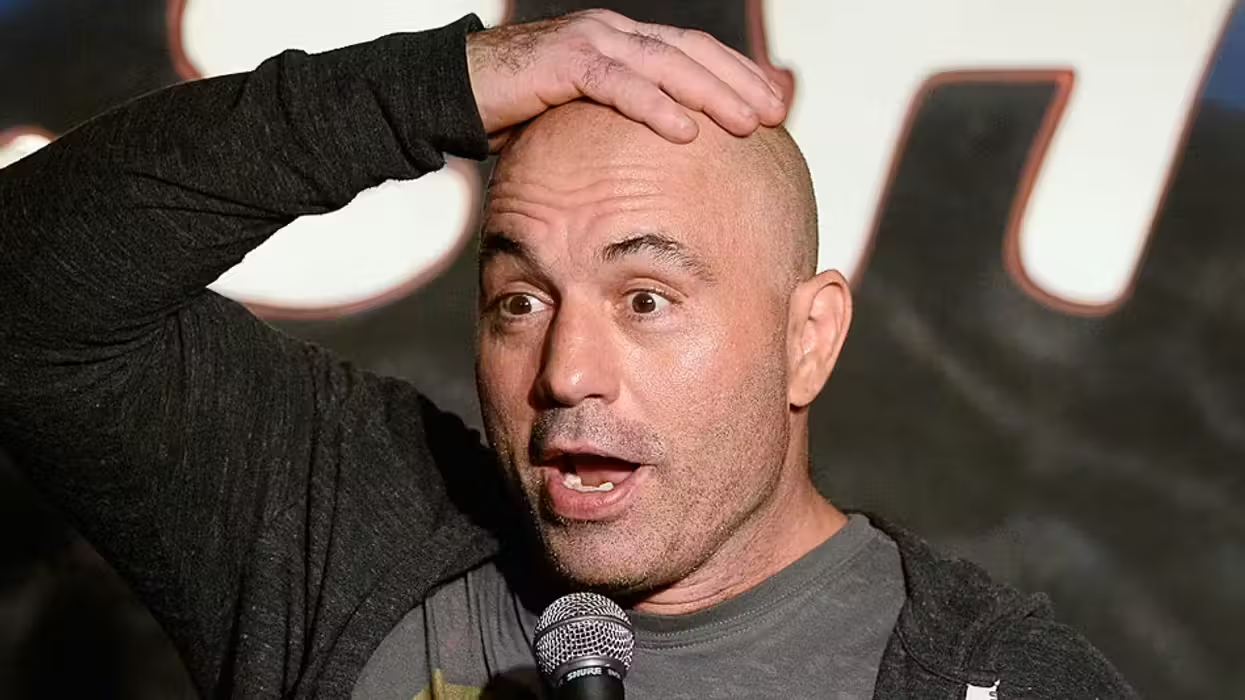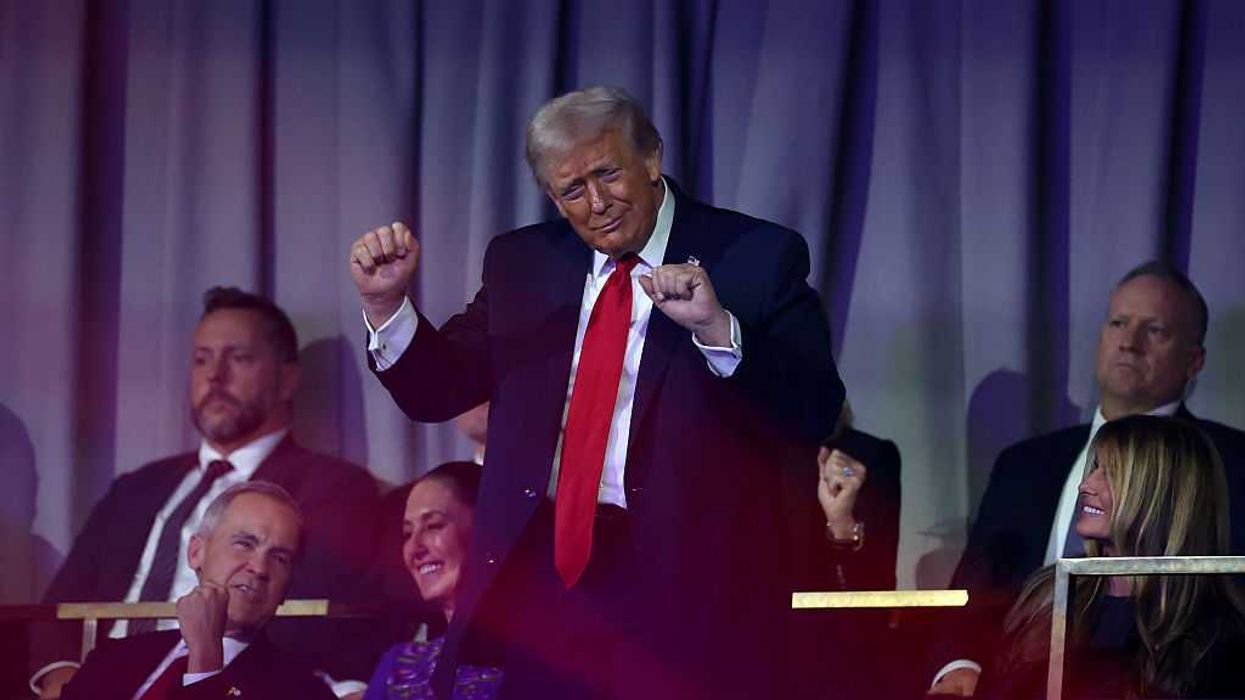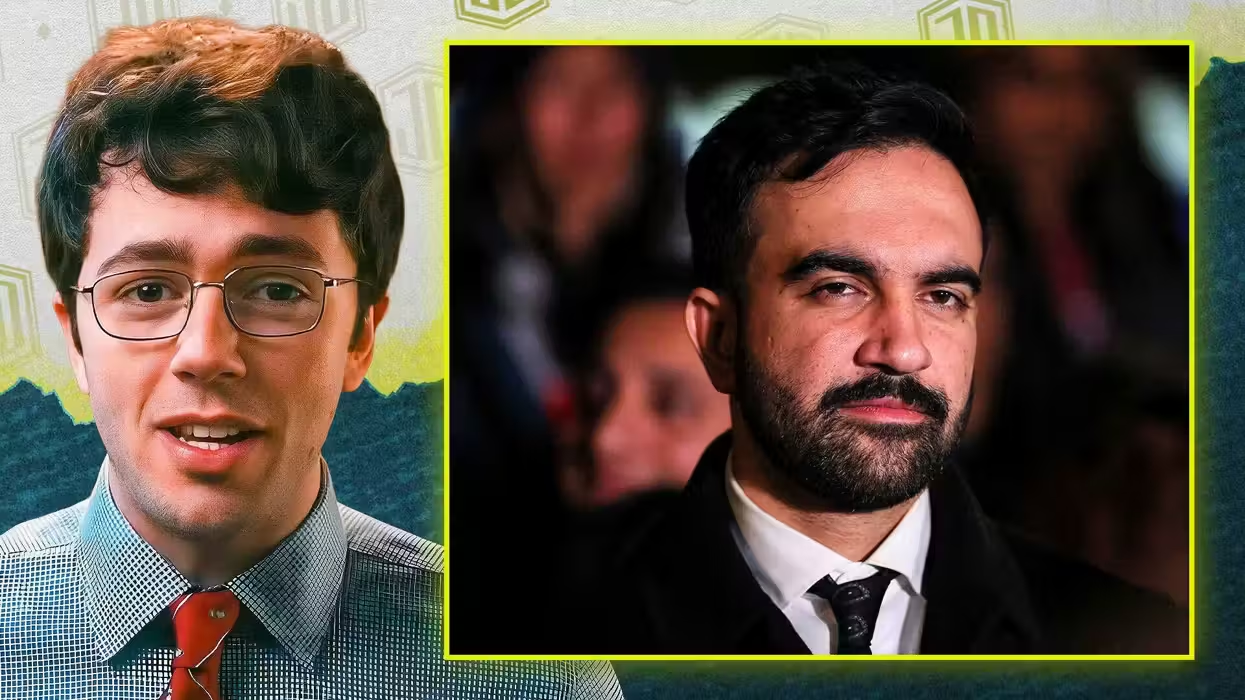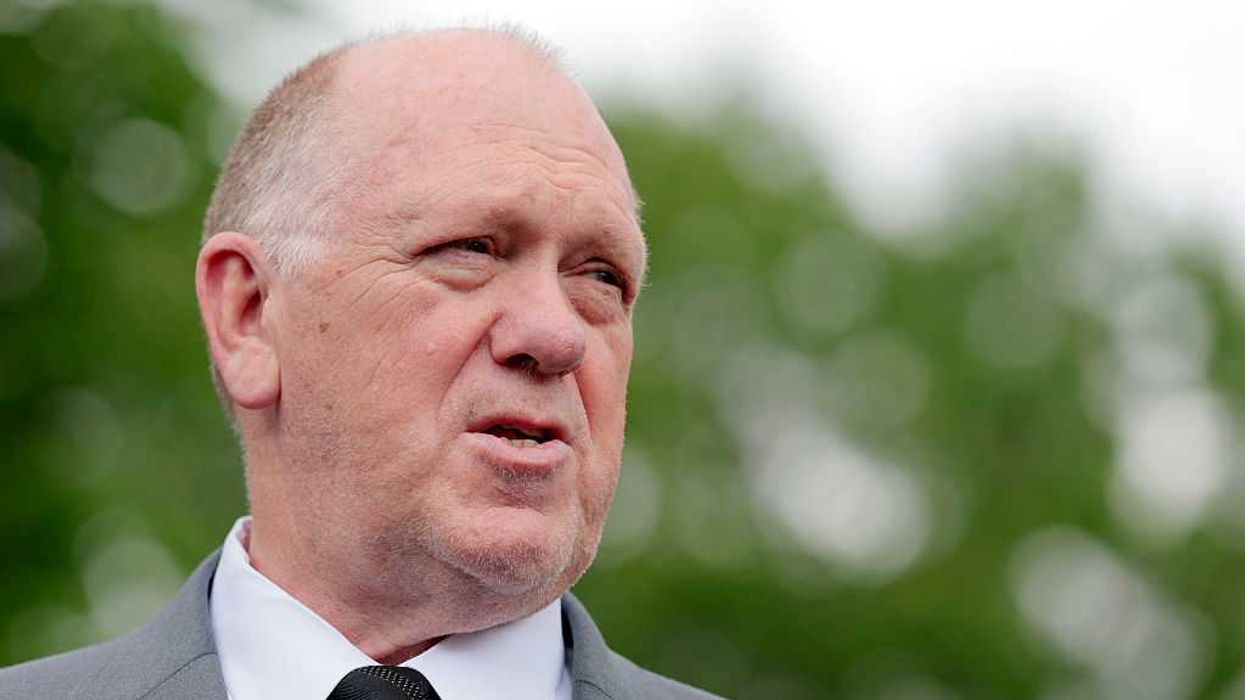MOSCOW (AP) -- Russia's foreign minister bluntly rejected U.S. demands to extradite National Security Agency leaker Edward Snowden, saying Tuesday that Snowden hasn't crossed the Russian border.
Sergey Lavrov insisted that Russia has nothing to do with Snowden or his travel plans. Lavrov wouldn't say where Snowden is, but he lashed out angrily at Washington for demanding his extradition and warning of negative consequences if Moscow fails to comply. U.S. Secretary of State John Kerry on Monday urged Moscow to "do the right thing" and turn over Snowden.
"We consider the attempts to accuse Russia of violation of U.S. laws and even some sort of conspiracy, which on top of all that are accompanied by threats, as absolutely ungrounded and unacceptable," Lavrov said. "There are no legal grounds for such conduct of U.S. officials."
The defiant tone underlined the Kremlin's readiness to challenge Washington at a time when U.S.-Russian relations are strained over Syria and a Russian ban on adoptions by Americans.
 This picture taken on June 18, 2013 shows a man walking past a banner displayed in support of former National Security Agency contractor Edward Snowden in Hong Kong. Hong Kong leader Leung Chun-ying on June 24 broke silence over the departure of Snowden, saying his government had complied stricly with the law, but also admitted discussions with Beijing over the issue. Credit: AFP/Getty Images
This picture taken on June 18, 2013 shows a man walking past a banner displayed in support of former National Security Agency contractor Edward Snowden in Hong Kong. Hong Kong leader Leung Chun-ying on June 24 broke silence over the departure of Snowden, saying his government had complied stricly with the law, but also admitted discussions with Beijing over the issue. Credit: AFP/Getty Images
U.S. and Ecuadorean officials said they believed Snowden was still in Russia. He fled there Sunday from Hong Kong, where he had been hiding out since his disclosure of the broad scope of two highly classified U.S. counterterror surveillance programs. The programs collect vast amounts of Americans' phone records and worldwide online data in the name of national security.
Lavrov claimed that the Russian government found out about Snowden's flight from Hong Kong only from news reports.
"We have no relation to Mr. Snowden, his relations with American justice or his travels around the world," Lavrov said. "He chooses his route himself, and we have learned about it from the media."
Snowden booked a seat on a Havana-bound flight from Moscow on Monday en route to Venezuela and then possible asylum in Ecuador, but he didn't board the plane. Russian news media have reported that he has remained in a transit zone of Moscow's Sheremetyevo airport, but journalists there haven't seen him.
A representative of WikiLeaks has been traveling with Snowden, and the organization is believed to be assisting him in arranging asylum. The organization's founder, Julian Assange, said Monday that Snowden was only passing through Russia and had applied for asylum in Ecuador, Iceland and possibly other countries.
A high-ranking Ecuadorean official told The Associated Press that Russia and Ecuador were discussing where Snowden could go, saying the process could take days. He also said Ecuador's ambassador to Moscow had not seen or spoken to Snowden. The official spoke on condition of anonymity because he was not authorized to discuss the case publicly.
Ecuador's foreign minister, Ricardo Patino, hailed Snowden on Monday as "a man attempting to bring light and transparency to facts that affect everyone's fundamental liberties."
 This photo provided by The Guardian Newspaper in London shows Edward Snowden, who worked as a contract employee at the National Security Agency, on Sunday, June 9, 2013, in Hong Kong. The Guardian identified Snowden as a source for its reports on intelligence programs after he asked the newspaper to do so on Sunday (AP)
This photo provided by The Guardian Newspaper in London shows Edward Snowden, who worked as a contract employee at the National Security Agency, on Sunday, June 9, 2013, in Hong Kong. The Guardian identified Snowden as a source for its reports on intelligence programs after he asked the newspaper to do so on Sunday (AP)
He described the decision on whether to grant Snowden asylum as a choice between "betraying the citizens of the world or betraying certain powerful elites in a specific country."
State Department spokesman Patrick Ventrell said the U.S. had made demands to "a series of governments," including Ecuador, that Snowden be barred from any international travel other than to be returned to the U.S. The U.S. has revoked Snowden's passport.
"We're following all the appropriate legal channels and working with various other countries to make sure that the rule of law is observed," President Barack Obama told reporters.
Some experts said it was likely that Russian spy agencies were questioning Snowden on what he knows about U.S. electronic espionage against Moscow.
"If Russian special services hadn't shown interest in Snowden, they would have been utterly unprofessional," Igor Korotchenko, a former colonel in Russia's top military command turned security analyst, said on state Rossiya 24 television.
The Kremlin has previously said Russia would be ready to consider Snowden's request for asylum.
Snowden is a former CIA employee who later was hired as a contractor for the NSA. In that job, he gained access to documents that he gave to newspapers The Guardian and The Washington Post to expose what he contends are privacy violations by an authoritarian government.
Snowden also told the South China Morning Post newspaper in Hong Kong that "the NSA does all kinds of things like hack Chinese cellphone companies to steal all of your SMS data." He is believed to have more than 200 additional sensitive documents in laptops he is carrying.
Some observers said in addition to the sensitive data, Snowden's revelations have provided the Kremlin with propaganda arguments to counter the U.S. criticism of Russia's crackdown on opposition and civil activists under President Vladimir Putin.
"They would use Snowden to demonstrate that the U.S. government doesn't sympathize with the ideals of freedom of information, conceals key information from the public and stands ready to open criminal proceedings against those who oppose it," Konstantin Remchukov, the editor of independent daily Nezavisimaya Gazeta, said on Ekho Moskvy radio.
Putin has accused the U.S. State Department of instigating protests in Moscow against his re-election for a third term and has taken an anti-American posture that plays well with his core support base of industrial workers and state employees.
--
Other Must-Read Stories:

 This picture taken on June 18, 2013 shows a man walking past a banner displayed in support of former National Security Agency contractor Edward Snowden in Hong Kong. Hong Kong leader Leung Chun-ying on June 24 broke silence over the departure of Snowden, saying his government had complied stricly with the law, but also admitted discussions with Beijing over the issue. Credit: AFP/Getty Images
This picture taken on June 18, 2013 shows a man walking past a banner displayed in support of former National Security Agency contractor Edward Snowden in Hong Kong. Hong Kong leader Leung Chun-ying on June 24 broke silence over the departure of Snowden, saying his government had complied stricly with the law, but also admitted discussions with Beijing over the issue. Credit: AFP/Getty Images






